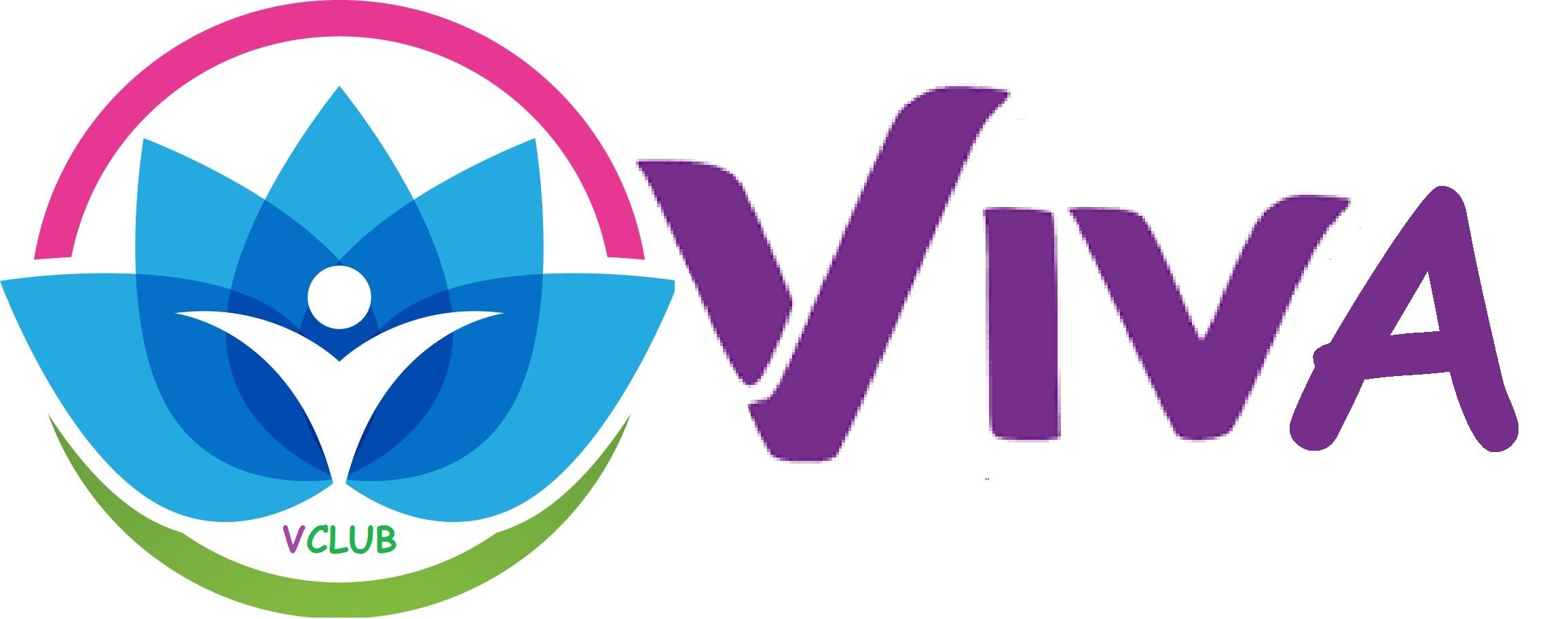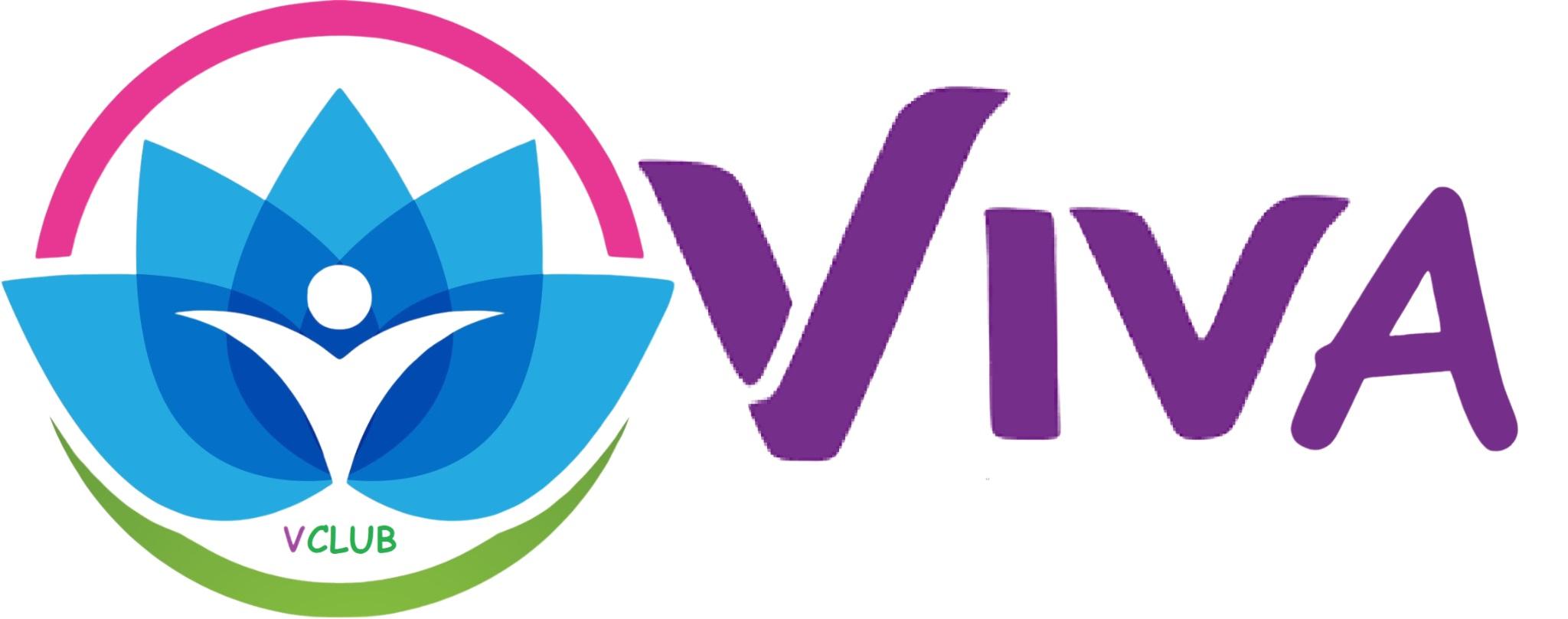Aluminum Die Casting Machine Market Share Key Players and Emerging Competitors
The Aluminum Die Casting Machine Market Share features several key players competing for dominance. Major manufacturers focus on technological advancements, product quality, and customer service to enhance their market presence. The distribution of market share is influenced by factors such as brand reputation, innovation, and application-specific solutions.
The Aluminum Die Casting Machine Market has witnessed substantial growth in recent years, driven by increasing demand for lightweight, durable, and high-precision components across various industries. Aluminum die casting machines are pivotal in manufacturing processes where efficiency, accuracy, and material utilization are paramount. With advancements in technology and rising adoption in sectors like automotive, aerospace, electronics, and consumer goods, the market is poised for a promising trajectory in the coming years.
Understanding Aluminum Die Casting Machines
Aluminum die casting machines are specialized equipment designed to produce high-quality aluminum parts by injecting molten aluminum into steel molds under high pressure. The process ensures exceptional dimensional accuracy, uniformity, and repeatability, which are crucial for components used in critical applications. Unlike traditional casting methods, die casting allows manufacturers to achieve complex geometries with thin walls and superior surface finish, reducing the need for secondary machining operations.
Modern aluminum die casting machines come in various configurations, such as hot-chamber and cold-chamber machines, catering to different production volumes and part specifications. Hot-chamber machines are suitable for low-melting-point alloys, offering faster cycles, while cold-chamber machines provide greater versatility for producing high-quality automotive and aerospace components.
Market Drivers
The key drivers of the aluminum die casting machine market include the surging demand for lightweight vehicles, increasing industrial automation, and the need for high-precision manufacturing. Automotive manufacturers are shifting toward aluminum components to reduce vehicle weight and improve fuel efficiency. Components like engine blocks, transmission cases, and structural parts benefit from aluminum die casting due to its strength-to-weight ratio and corrosion resistance.
Additionally, technological innovations in die casting machines, such as automated handling systems, real-time monitoring, and energy-efficient designs, are fueling market growth. Manufacturers are investing in smart die casting solutions to enhance productivity, minimize waste, and improve overall product quality.
Applications Across Industries
Aluminum die casting machines serve multiple industries. In the automotive sector, they are used to produce engine components, gear housings, and chassis parts that demand both precision and lightweight characteristics. The aerospace industry relies on these machines for manufacturing aircraft components, brackets, and housings that must withstand extreme conditions while being lightweight.
The electronics sector benefits from aluminum die casting in producing housings, heat sinks, and connectors that require excellent thermal conductivity and dimensional stability. Furthermore, consumer goods manufacturers use aluminum die casting machines to produce durable components for appliances, power tools, and recreational equipment.
Regional Insights
Geographically, North America and Europe are mature markets for aluminum die casting machines due to advanced manufacturing infrastructure and the presence of established automotive and aerospace industries. Meanwhile, Asia-Pacific is emerging as a significant market hub, driven by rapid industrialization, growing automotive production, and increasing adoption of high-precision manufacturing technologies in countries like China, India, and Japan.
The growing trend of electric vehicles (EVs) is also reshaping market dynamics. Aluminum die casting plays a crucial role in EV battery housings, motor components, and lightweight structural parts, further enhancing market potential in regions investing heavily in EV manufacturing.
Challenges and Opportunities
While the market holds immense promise, manufacturers face challenges such as high initial investment costs, complex maintenance requirements, and the need for skilled operators. Moreover, fluctuating aluminum prices can impact operational costs and profitability.
However, these challenges also present opportunities for innovation. Companies are developing energy-efficient die casting machines, automation solutions, and eco-friendly production techniques to address cost and sustainability concerns. The integration of Industry 4.0 technologies, such as IoT-based monitoring, predictive maintenance, and AI-driven process optimization, is transforming traditional die casting into a more agile and efficient process.
Future Outlook
The aluminum die casting machine market is expected to maintain steady growth over the next decade, driven by rising demand for lightweight components, industrial automation, and smart manufacturing solutions. Continuous advancements in machine precision, speed, and energy efficiency will further enhance the market’s appeal across multiple sectors.
The ongoing focus on sustainable production methods, coupled with increased investment in electric vehicles and aerospace components, will position aluminum die casting machines as indispensable tools for manufacturers worldwide. Companies that innovate and adapt to changing market needs are likely to gain a competitive edge in this evolving landscape.
FAQs
Q1: What industries use aluminum die casting machines the most?
A1: The primary industries are automotive, aerospace, electronics, and consumer goods, where high precision, lightweight components, and durability are essential.
Q2: What are the advantages of aluminum die casting over other manufacturing methods?
A2: Aluminum die casting offers high dimensional accuracy, faster production cycles, the ability to produce complex shapes, excellent surface finish, and reduced need for secondary machining.
Q3: What factors are driving growth in the aluminum die casting machine market?
A3: Key drivers include the demand for lightweight vehicles, industrial automation, technological advancements in die casting machines, and increasing adoption in electric vehicles and aerospace components.
More Related Reports
US Multi Tasking Machine Tools Market
- Art
- Causes
- Crafts
- Dance
- Drinks
- Film
- Fitness
- Food
- Jeux
- Gardening
- Health
- Domicile
- Literature
- Music
- Networking
- Autre
- Party
- Religion
- Shopping
- Sports
- Theater
- Wellness



